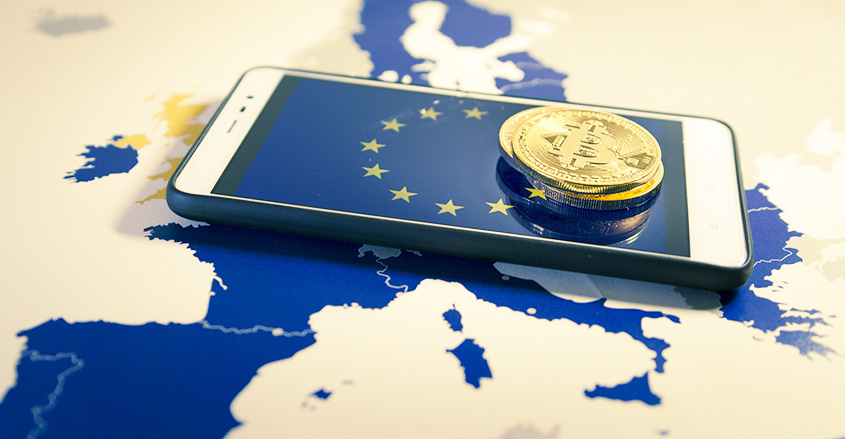European governments are considering stringent regulations on cryptocurrencies in all European Union countries that could severely limit ICOs, crypto exchanges and investments in virtual currencies across the Continent.
Concerns about rampant speculation coincide with fears among banking leaders there of digital currency being used for money laundering, drug trafficking, and terror operations.
Some EU finance ministers have even suggested treating cryptocurrencies like a commodity, such as gold, or the opposite extreme of a derivative — regulations that would take them off the market for most ordinary investors.
French Finance Minister Bruno Le Maire said he will ask his counterparts in the Group of 20 nations — whose presidency falls to Argentina next year — to consider joint regulation of Bitcoin and other cryptocurrencies.
“I don’t like it. It can hide activities such as drug trafficking and terrorism,” Le Maire said, adding that he also had concerns for savers.
“There is an obvious speculative risk, we need to look at it, study it.”
Austria’s Finance Minister Hartwig Löger suggested creating cryptocurrency regulations on the trading rules already in place for gold, silver and derivatives as a way to prevent crypto from being used in money laundering.
“Cryptocurrencies are significantly gaining importance in the fight against money laundering and terrorism financing,” Löger said in a statement.
“That’s an important aspect for the changes we support. We need more trust and more security.”
Italian Finance Minister Pier Carlo Padoan said stands ready to discuss Le Maire’s proposal, according to the official in Rome, who said that the ministry had yet to receive any request from Paris.
Stephen Barclay, Economic Secretary to the British Treasury, told lawmakers on Nov. 3 the government is negotiating with EU partners to “bring virtual currency exchange platforms and custodian wallet providers into anti-money laundering and counter-terrorist financing regulation.”
Those activities would be overseen by national authorities, Barclay said, adding he expected the talks to conclude at European Union level this year or in early 2018.
Pan-European regs
Löger also spoke with Portugal’s Finance Minister Mario Centeno about his plans for pan-European Union crypto regulations.
During the meeting with Centeno, Löger discussed an action plan for the EU Commision in Brussels to form a working group in March to accept EU proposals about how to deal with fraud in cryptocurrencies.
“The case in Austria is enough for me to take action in this area,” Löger said, referring to the Optioment Bitcoin pyramid scheme that raised hundreds of millions with nothing more than a white paper coupled with multi-level marketing format.
As part of Löger’s plan, crypto investors would report trades of more than $12,300 to the financial intelligence unit and crypto-trading platforms would be supervised by the Austrian Financial Market Authority (FMA).
Additionally, ICOs would be based on “digital prospectuses” that would need to be approved by the FMA. Regulations against market manipulation and insider trading would be applied to ICOs, just as they already are for share and bond offerings.
In a press release, the FMA board members Helmut Ettl and Klaus Kumpfmüller wrote that they “welcome the move by Finance Minister Hartwig Löger to subject cryptocurrencies such as Bitcoin to regulation and supervision.”
Whatever the European regulations turn out to be, they likely spell the end of the Wild West period of crypto speculation in Europe and perhaps soon in the United States as well.
Whether that’s the end of crypto or just the start or a larger, broader phase of acceptance and use is harder to say.


